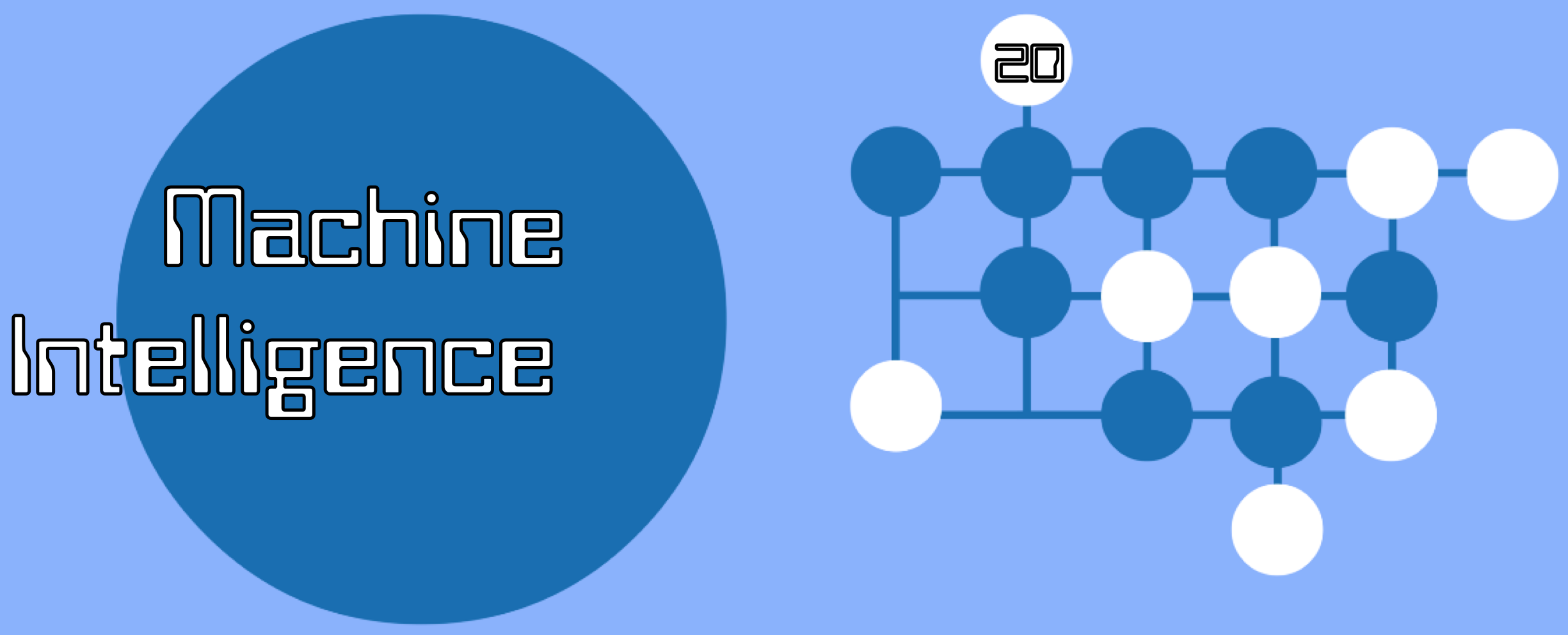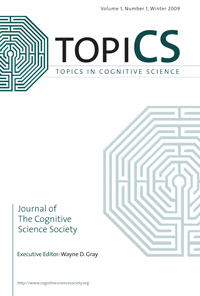Programme
DAY 1: Sunday 23rd October, Warren House
|
09:40 |
Welcome Stephen Muggleton |
|
Session 1 - Learning and
reasoning - Chair: Ian Apperly |
|
|
09:50 |
Alan Bundy, University of Edinburgh, UK, Representation change |
|
10:25 |
Nick Chater, University of Warwick, UK, Virtual bargaining as theory of social Interaction and communication |
|
11:00 |
Coffee/Poster Session 1.1 |
|
11:20 |
Stephen Muggleton, Imperial College London, UK, Human-machine learning |
|
11:55 |
Short Presentations 1 - Chair:
Simon Colton |
|
12:30 |
Lunch |
| Session 2 - Creativity, development and perception - Chair: Nick Chater | |
|
14:00 |
Denis Mareschal, Birkbeck, University of London, UK, Constraints on childrens learning across development |
|
14:35 |
Simon Colton, Goldsmiths College, UK, Computational creativity in Human Society |
|
15:10 |
Tea/Poster Session 1.2 |
|
15:30 |
Ian Apperly, University of Birmingham, Reasoning about mental states |
|
16:05 |
Panel discussion 1 - Chair: Alan
Bundy |
|
17:15 |
End of programme for day |
|
17:45 |
Bus 1 to Cumberland Lodge |
|
18:00 |
Bus 2 to Cumberland Lodge |
|
18:30 |
Arrive at Cumberland Lodge |
|
19:00 |
Drinks |
|
19:45 |
Dinner |
DAY 2: Monday 24th October, Cumberland Lodge
| Session 3 - Robotics, self and language -
Chair: Ulrike Hahn |
|
|
09:15 |
Claude Sammut, University of New South Wales, Australia, Logic-based robotics |
|
09:50 |
Manos Tsakiris, Royal Holloway, University of London, UK, The multisensory basis of the self |
|
10:25 |
Mark Steedman, University of Edinburgh, UK, Computational linguistics and artificial intelligence |
|
11:00 |
Coffee |
|
11:20 |
Gordon Brown, University of Warwick, Human memory and timing |
|
11:55 |
Short Presentations 2 - Chair:
Claude Sammut |
|
12:30 |
Lunch |
| Session 4 - Social decisions, sense-making and
programming - Chair: Mark Steedman |
|
|
14:00 |
Amanda Seed, University of St Andrews, UK, What cognitive mechanisms underpin social and physical problem-solving in non-verbal creatures? searching for the conceptual middle- ground |
|
14:35 |
Ulrike Hahn, Birkbeck,
University of London, UK, Lessons for Human Like
Computing from Cognitive Modelling |
|
15:10 |
Tea/Poster Session 2.2 |
|
15:30 |
Stephen Payne, University of Bath, Sensemaking |
|
16:05 |
Alex Polozov, University of Washington, USA, Automated Program Synthesis |
|
16:40 |
Joshua Tenenbaum, Massachusetts Institute of Technology, USA, Building machines that see, learn and think like people: Probabilistic programs and program induction |
|
17:15 |
Panel discussion 2 - Chair:
Stephen Payne |
|
17:50 |
End of programme for day |
|
18:30 |
Banquet |
DAY 3: Tuesday, 25th October, Cumberland Lodge
| Session 5 - Data, programming and reasoning - Chair: Stephen Muggleton | |
|
09:15 |
Pat Langley, ISLE California, Intelligent Behavior in
Humans and Machines |
|
09:50 |
Caroline Jay, University of Manchester, Human-like software engineering |
|
10:25 |
Anthony Cohn, University of Leeds, UK, Spatial reasoning |
|
11:00 |
Coffee/Poster Session 3.1 |
|
11:20 |
Yvonne Rogers, University College London, UK, Human-Centred Data: Beyond AI |
|
11:55 |
Short Presentations 3 - Chair:
Caroline Jay |
|
12:30 |
Lunch |
|
14:00 |
Panel discussion 3 - Chair: Tony
Cohn |
|
14:15 |
Follow-up session involving
EPSRC and ESRC - Chair: Nigel Birch |
|
15:15 |
Tea/Poster Session 3.2 |
|
15:30 |
Closing announcements |
|
16:00 |
Close of workshop |


